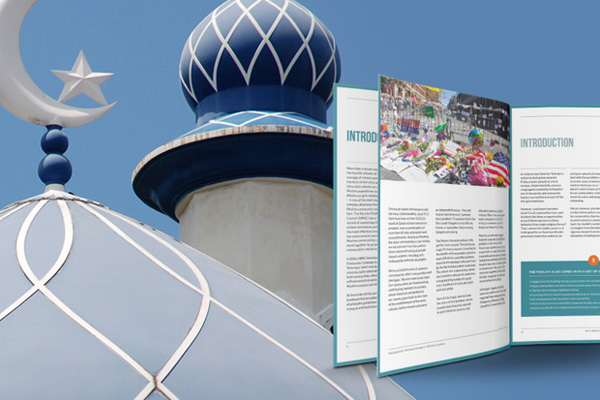
Safe Spaces Initiative Addresses the Roots of Radical Islam
- By Alison Lesley --
- 09 Sep 2014 --

The Safe Spaces Initiative combats radical Islam among Muslim youths in the US by identifying and helping those who succumb to extremist beliefs.
In Los Angeles a civil rights organization for those identifying as Muslim has proposed the first mediation program for young American Muslims who may be attracted to vicious radicalism. This program, called the Safe Spaces Initiative, has been suggested in the midst of worries that more American Muslims could become radicalized by events that occur abroad.
The President of the Muslim Public Affairs Council (MPAC), Salam Al-Marayati, says that the affinity for it has increased and he refers to the development of the Islamic State of Iraq and Syria (ISIS), new carnage in the Israeli-Palestinian clash and legislation from the United States that prompt the misery of Muslims as reasons toward extreme and violent behavior.
In a recent interview with MSNBC, Al-Marayati explained the Safe Space Initiative’s PIE model: Prevention, Intervention, Ejection. “It’s about community empowerment and building healthy communities so that when we find troubled youth, we actually intervene. We don’t just leave them to themselves or kick them out without trying to rehabilitate them.”
The goal of the MPAC is to arm the country’s mosques with appropriate training and the adequate resources they need to establish an environment where Muslims don’t hesitate to talk about touchy political points. A number of these 2,100 mosques throughout the United States are incredibly underfunded and many are led by those who were not born in America and are not understanding of the culture of America. Al-Marayati insists that they need help managing the younger generations.
The Safe Spaces Initiative seeks out individuals who may have an inclination for radicalism by looking for certain behaviors that they may exhibit. Some of these risk factors include peer pressure, an emotional call to act in the face of injustices, seeking to gain a greater status within their community, a pursuit of excitement or even because they lack any other alternative due to their lack of knowledge of religious or political activity. Al-Marayati addressed this by saying, “We would have mental health experts, we would have religious counselors, we would have youth peers who could help the mosque with that individual.”
The Safe Spaces Initiative lists the basic standards of a mediation are to listen in a non-judgmental manner, to fully comprehend the sources of data that are out there and being perused and marketed to certain groups, to recognize that the individual has a right to their sentiments and any grievances they may have, to offer options to savagery, and lastly to follow up to ensure that the mediation is effective.
The MPAC hopes that this initiative will aid in a shift in how extremist members are handled within the mosques in America.
While the initiative has been well received among some, others doubt its effectiveness, saying that it just furthers generalizations such as “all Muslims are terrorists” and could target political discourse. “If someone has a radical thought, are we are going to label them as violent?” Abdul Aleem, owner of IslamiCity, questioned in reaction. He continued, “Anyone could become angry and say something they don’t mean.” This is a thought shared by many other American Muslims, especially given the fact that radicalization is amazingly uncommon and the American Muslim community is considerably less dangerous than white supremacists or other savage hate-groups.
Al-Marayati stands by his initiative, believing that if individual Muslims were more active in recognizing would-be terrorists, it would enable the police and the FBI to cease labeling the Muslim community as a whole unjustly. He added, “We think it will push surveillance out, or at least minimize the use of surveillance.”
The Safe Spaces Initiative imagines an alliance with police, which would include both training police officers and allowing mosque leaders to choose when to alarm law enforcement. Lamentably, this is the place Al-Marayati and LAPD’s Deputy Chief Michael Downing are in opposition. Downing feels that the law enforcement is simply not prepared to depend only on mosque leaders to choose who may be perilous. The way things are, the FBI wouldn’t specifically remark on the Safe Spaces activity, rather expressing that it is open to “listen to new ideas.”

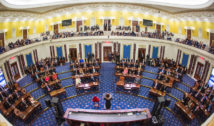

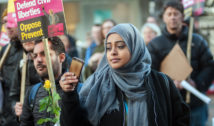
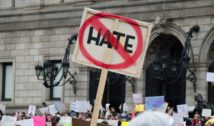

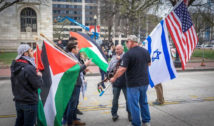
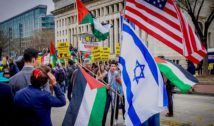


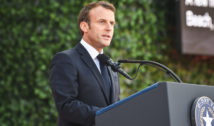
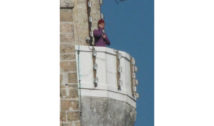
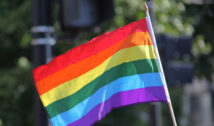
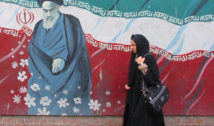
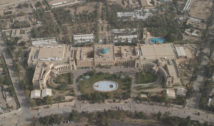



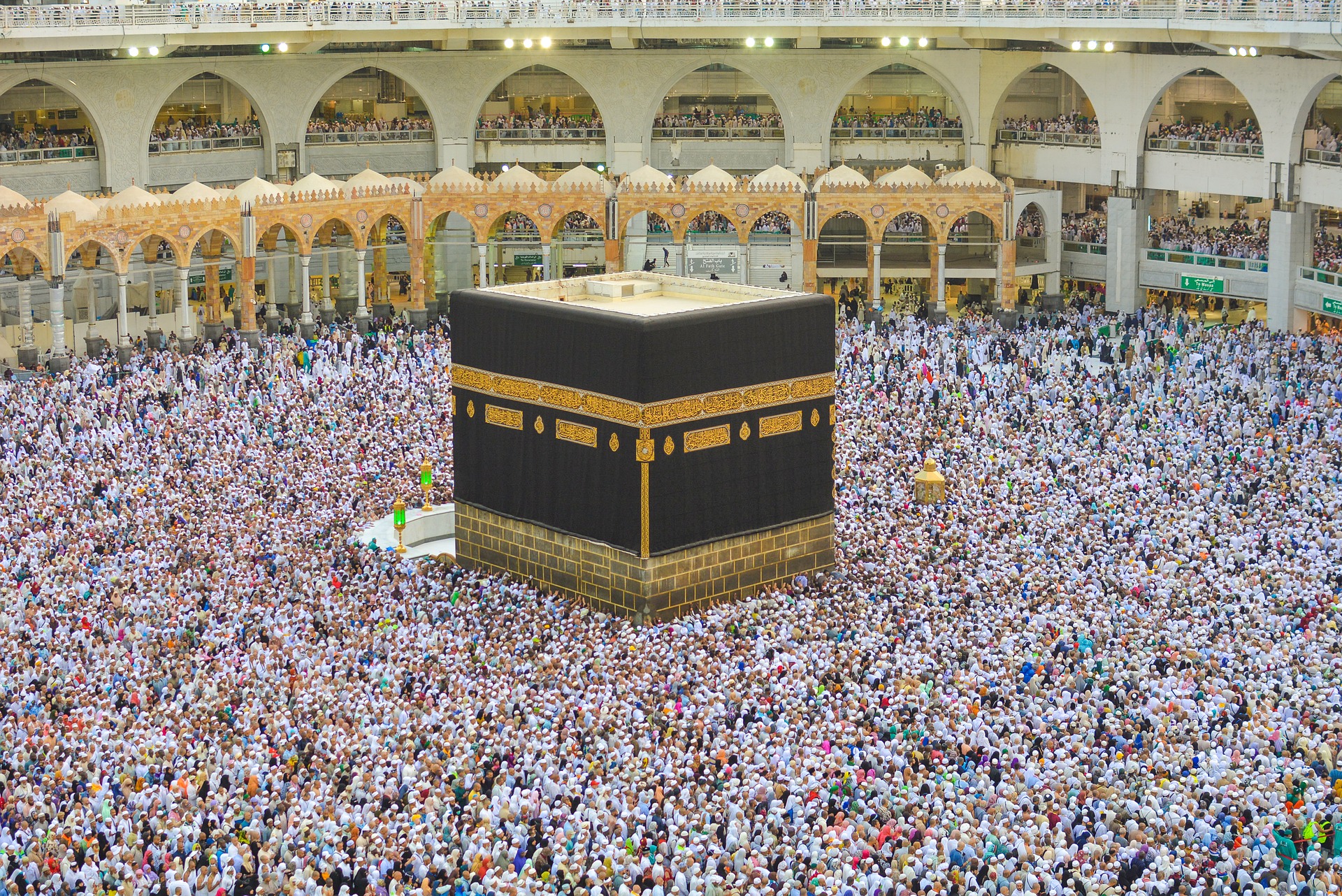
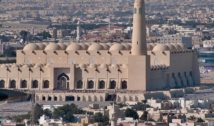
1 comment
Alison Lesley
2:08 pmThe Quran is a very influential book, I discovered. We should examine it, to better understand Islam and Muslims. The Bible is also influential, yet the Bible goes mostly unpracticed in this age.
Quran English translation is at http://www.clearquran.com